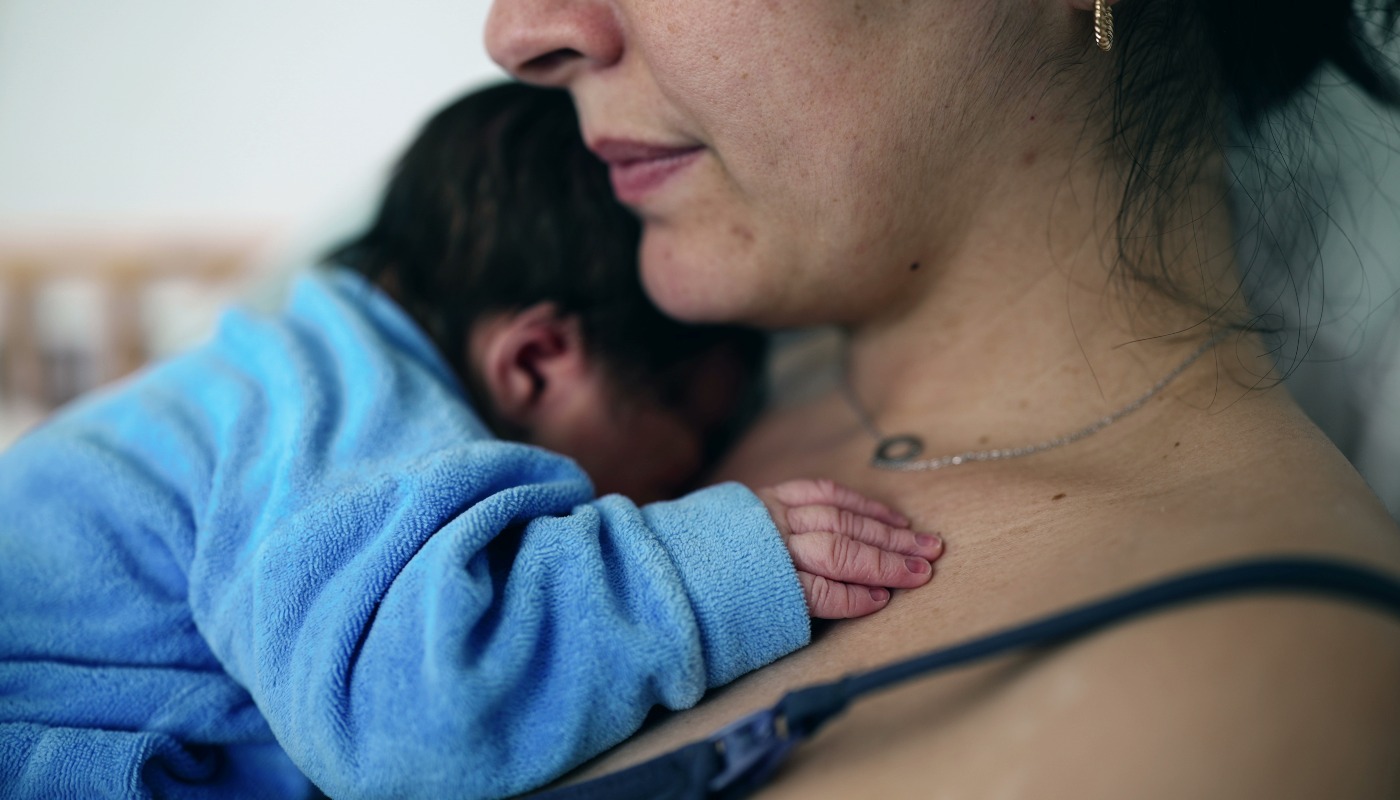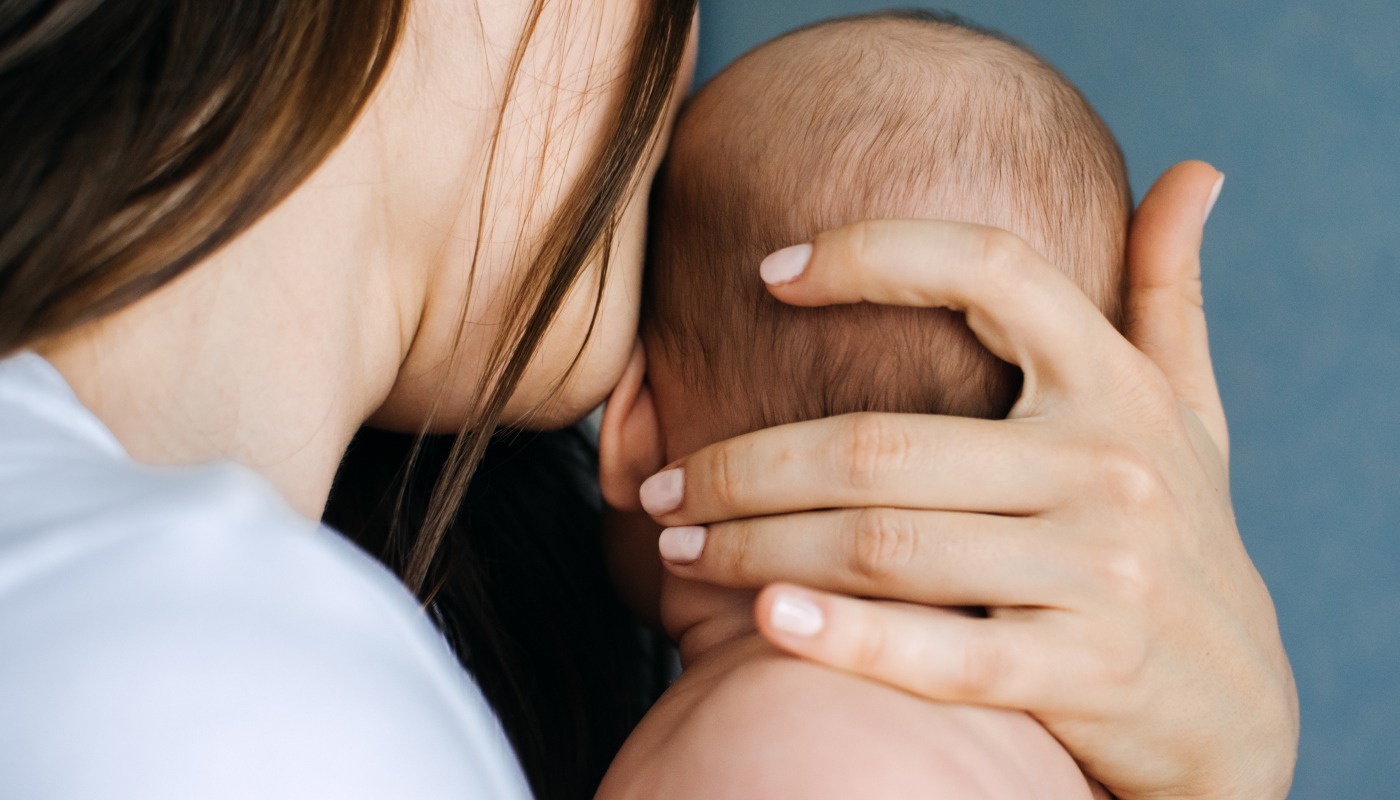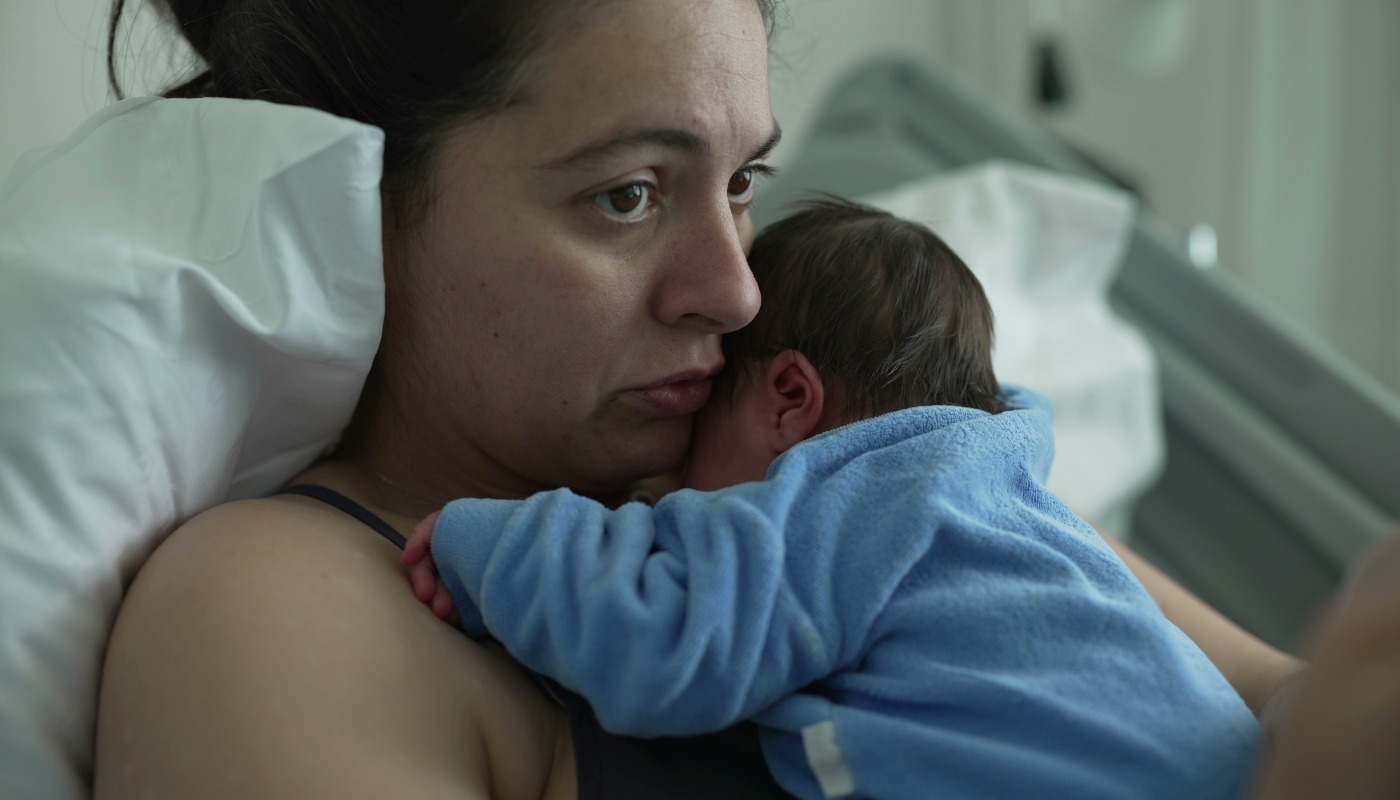Postpartum depression: what it is, symptoms and causes
In this article, we tell you what postpartum depression is, its symptoms and the causes. Learn how long it lasts and how to handle this challenge after giving birth.
KNOW YOURSELF
Share

The birth of a baby can turn everything upside down. It is an event full of happiness and excitement, but it can also cause anxiety and fear of the new situation, emotions that affect the mother in particular, who experiences a series of hormonal changes after the birth that may alter her mood and health. Although it is normal for mothers to feel overwhelmed or tired after the arrival of the new member of the family, if these feelings persist for a long time, it can lead to depression. That’s why knowing what postpartum depression is, how to recognise it and how to tackle it is so important.
What is postpartum depression?
Postpartum depression is a moderate to intense depression that women may suffer from after giving birth. It can develop immediately after the birth or throughout the first year of the child’s life, although it normally develops in the first three months after the baby is born. This depression should be considered a mental health problem and should be treated with the importance it deserves, since it can have negative consequences both for the mum and baby.

Symptoms of postpartum depression
Most first-time mothers have episodes of crying, anxiety or difficulties sleeping, normally in the first few days and up to two weeks after the baby is born. But the so-called baby blues (a set of mild depressive symptoms that arise after birth like those described above) are one thing, and depression is something else altogether. Hence, it is important to determine whether the situation continues to be the same, has improved or has worsened after the first few days or weeks.
Some symptoms that may develop include the following:
- Deep sense of sadness.
- Intense irritability and anger.
- Sleeping problems (insomnia).
- Loss of appetite.
- Severe mood swings.
- Inability to enjoy yourself.
- Anxiety.
- Constant crying.
- Loss of interest in sex.
- General lack of happiness.
- Feeling of shame or guilt.
- Difficulty bonding with the baby and even with friends and family.
- Reduction in concentration.
- Inability to get out of bed.
Postpartum depression makes these symptoms persist over time. If, after the first few weeks, the mother finds she is still suffering from this type of symptoms, the best thing to do is seek help from a medical professional to determine the best treatment, which may include psychotherapy or other alternatives.
But how long does postpartum depression last? It is estimated that postpartum depression may last up to one year, but it can also be resolved earlier than this. It depends largely on each case and each new mum. The most important thing is to identify it early to be able to start the correct treatment as soon as possible.

Causes of postpartum depression
Postpartum depression is related to certain causes or factors that may have an impact or be related. In addition to a genetic susceptibility, hormonal changes that take place after the birth, such as the reduction in oestrogen and progesterone, can increase the predisposition of some women to developing depression.
There are also other causes that may encourage the development of depression in these circumstances, including stress, poor financial situation, dissatisfaction with self-image, age, unwanted pregnancy, negative attitudes towards pregnancy or fear of birth, among other reasons.







